Hydroquinone (P-Dihydroxybenzene), a chemical compound with the molecular formula C6H6O2, is a highly versatile organic substance used across multiple industries. Known for its antioxidant and reducing properties, Hydroquinone plays a significant role in applications ranging from cosmetic formulations to photographic development, polymer stabilization, and water treatment.
This aromatic compound, characterized by two hydroxyl groups attached to a benzene ring in the para position, is a preferred choice in various industries due to its efficacy, reliability, and cost-effectiveness.
Applications of Hydroquinone (P-Dihydroxybenzene)
1. Cosmetic Industry
- Skin-Lightening Agent:
Hydroquinone is a widely recognized ingredient in dermatology for treating hyperpigmentation, including melasma, freckles, and age spots. It inhibits the production of melanin, leading to a brighter, more even skin tone. - Anti-Aging Solutions:
Used in anti-aging products, Hydroquinone addresses dark spots and discoloration caused by sun damage, providing a rejuvenated appearance.
2. Photography
- Photographic Developer:
In traditional film processing, Hydroquinone is a key component of photographic developers. It reduces silver halides to metallic silver, enhancing image clarity and contrast.
3. Polymer and Plastic Industry
- Polymerization Inhibitor:
Hydroquinone prevents undesired polymerization of monomers like styrene and acrylates, ensuring safe storage and transport of these chemicals. - Stabilizer:
It acts as a stabilizing agent in resins, coatings, and plastic formulations, enhancing the product’s durability and resistance to degradation.
4. Water Treatment
- Oxygen Scavenger:
Hydroquinone removes dissolved oxygen in water systems, protecting industrial boilers, pipelines, and equipment from oxidative corrosion.
5. Rubber and Elastomer Industry
- Antioxidant:
It is used in the rubber industry to prevent oxidative degradation, extending the life and quality of rubber products.
6. Chemical Manufacturing
- Intermediate in Synthesis:
Hydroquinone serves as a precursor for the synthesis of various organic compounds, including dyes, quinones, and pharmaceuticals.
7. Food and Beverage Industry
- Preservation:
In some cases, Hydroquinone is used in food and beverage applications to prevent oxidative discoloration, although its usage in consumable goods is strictly regulated.

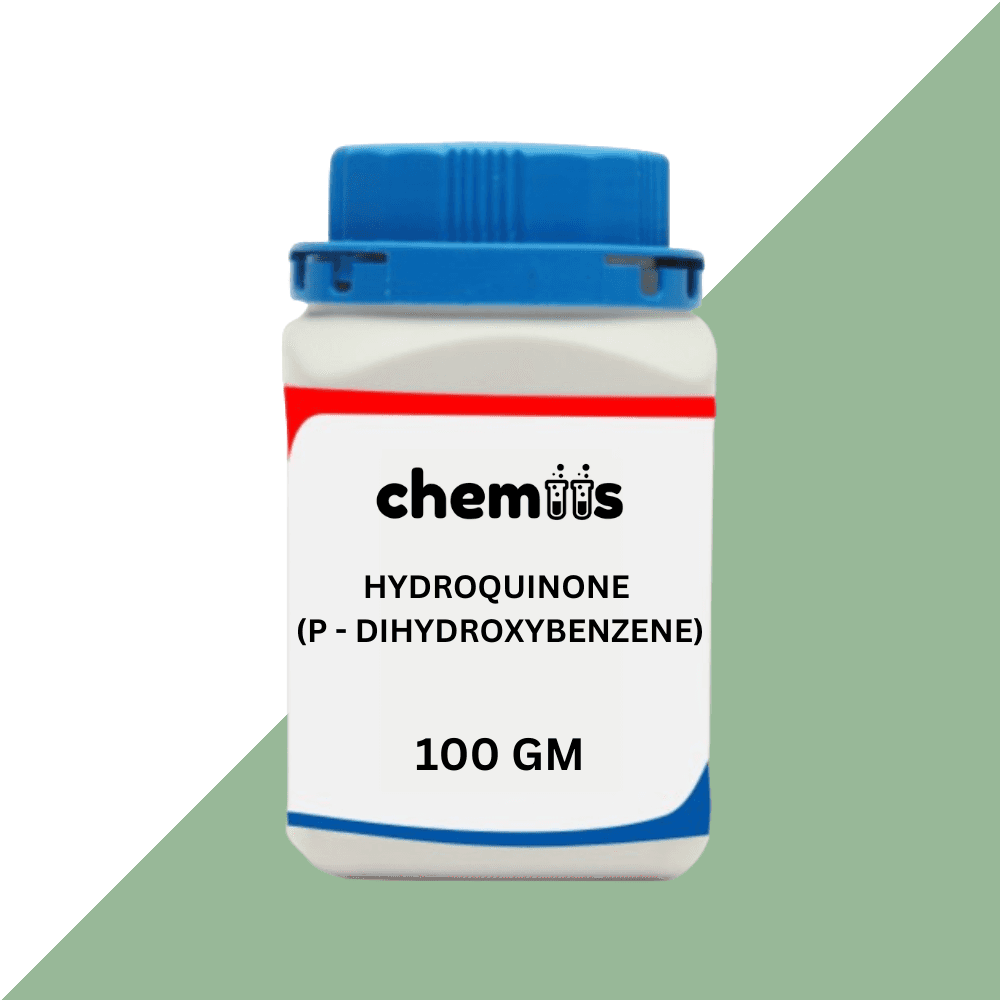
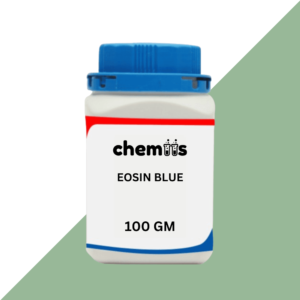
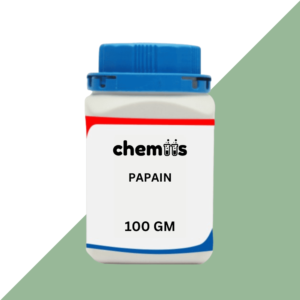
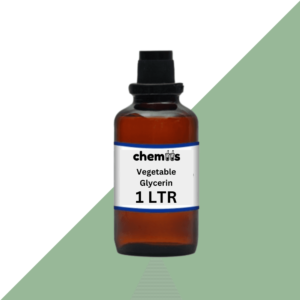
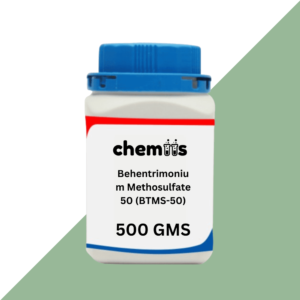
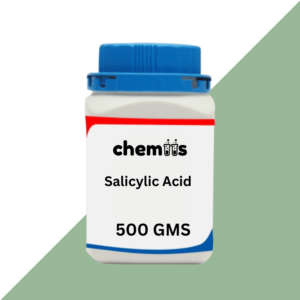
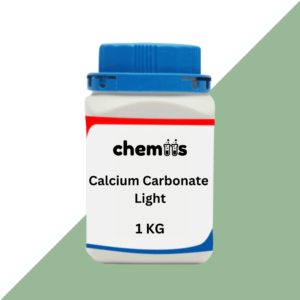
Varun Raghavan (verified owner) –
Received in perfect condition.
Nandini Kaul (verified owner) –
Received in perfect condition.
Namrata Bansode (verified owner) –
Consistent quality.
Manju Devi (verified owner) –
Easy to find what I wanted.
Deeksha Iyer (verified owner) –
Neatly delivered.
Raj Malhotra (verified owner) –
Very well worth the money.
Lavanya Jain (verified owner) –
Quick and safe delivery.
Ritesh Jain (verified owner) –
Clean and clear instructions.
Payal Kamat (verified owner) –
Easy to reorder.
Saumya Balan (verified owner) –
Honest and transparent.
Asha Fernandes (verified owner) –
Neat and secure packaging.
Ramesh Natarajan (verified owner) –
Super fast shipping.
Prateek Saxena (verified owner) –
Five-star experience.
Darshan Solanki (verified owner) –
Excellent online store.
Ananya Joshi (verified owner) –
Very responsive team.
Zoya Merchant (verified owner) –
Truly professional approach.
Devika Pillai (verified owner) –
Honest and transparent.
Pooja Sinha (verified owner) –
Simple checkout process.
Lokesh Rathi (verified owner) –
Secure payment options.
Raj Malhotra (verified owner) –
Efficient and reliable.
Manish Chauhan (verified owner) –
Excellent packaging.
Avni Kapoor (verified owner) –
Clean and clear instructions.
Sandeep Nair (verified owner) –
Very responsive team.
Arjun Reddy (verified owner) –
Trustworthy platform.
Rahul Verma (verified owner) –
Amazing value for money.
Jyoti Sharma (verified owner) –
Satisfied with the results.
Devansh Kulkarni (verified owner) –
Five-star experience.
Sameer Patel (verified owner) –
Hassle-free experience.
Priya Sharma (verified owner) –
Satisfied with the results.
Sheetal Mehrotra (verified owner) –
Received in good time.